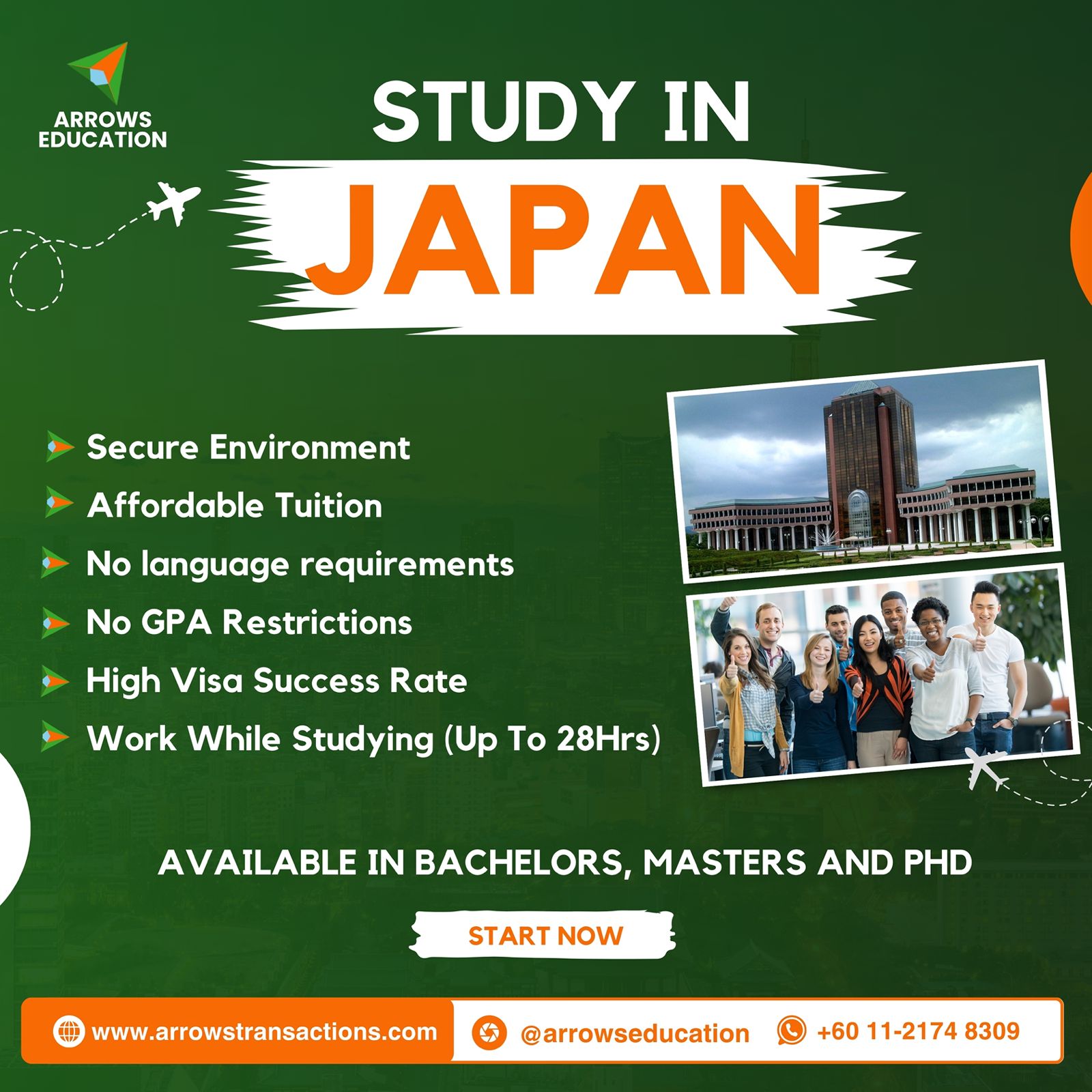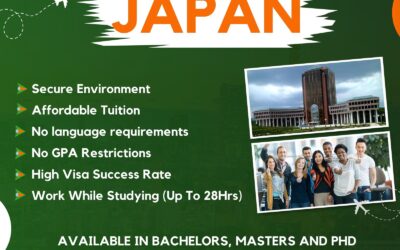Let me paint you a picture.
Graduation Day, the D-day. You just finished your studies and passed with excellent grades. With the symbolic cap and gown on your head it’s party time. This feeling lasts for a while, but then you come down from the high. It’s time to get serious and start job hunting. After all, you are a graduate now; you need to take the next step. While there are several next steps available for you to pick from, most people choose to go job hunting. However, there’s a catch, you need work experience to get a job. So how do you get work experience without a job? The answer is simple: post-graduate work experience.
When most think of postgraduate work experience, they think of internships. While this thought process isn’t exactly wrong, it’s not completely right either. There are other ways to get the necessary experience.
Let’s talk about some of these methods.
Graduate Jobs And Schemes
Your first job doesn’t necessarily dictate your career path. You may use graduate jobs as a means of widening your choices. Most companies in the finance and business world offer students and graduates to join their graduate training schemes. These schemes allow the companies to train students in hopes of employing some of them after the completion of the training program. Most graduate schemes last for 1 year while some can last for 3 years. It all depends on the company. The best benefit of this method is that graduate jobs and schemes take place in structured environments while providing you with adequate on the job training and much needed work experience.
Self Employment
Graduates can also choose to operate on their own. With some out of the box thinking and assistance from friends and family, you can create your dream job rather than hunting for one. However, bear in mind that this method isn’t for everyone. You will need to put in a lot of effort to see significant improvements. Nonetheless, there are benefits to being self employed. Some of these benefits include:
- Independence and autonomy which allows for easier decision making. With this, you can decide which projects to work on and how and when to work on them.
- Absolute control over your time and resources. You get to decide which direction you want your life and business to head in.
- Business opportunities and recognition. Self employment allows you to build an impressive portfolio that is funded by multiple entities. You get to choose which ideas you want to work on and are recognized for the efforts and resources you pour into them
Freelancing
This is quite similar to being self employed, but there are significant differences between the two. Freelancers get to take contract jobs or gigs from as many employers as possible. Once the contract expires, so does your employment with that company. For most, freelancing allows them to convert their hobbies into money making opportunities. With careful financial planning and significant effort, you can even turn this into a stable career and means of livelihood. However, you may choose to simply use this time to gain the necessary work experience you need.
While job hunting is a common choice amongst graduates, there are other things graduates can choose to do. You may choose to take some time off. Taking some time off to travel or develop yourself can help you significantly. There’s no need to rush into the labor market if you can afford to wait. Employers certainly favor students who are well travelled and possess additional language skills. To them, these kinds of graduates are more experienced and have much better interpersonal skills on top of the necessary job skills.
So if you can afford to take time off, don’t hesitate to do so. Travel the world and broaden your horizons before joining the job hunt. You could even take this time to bag yourself a master’s degree from a reputable university from another country.





0 Comments